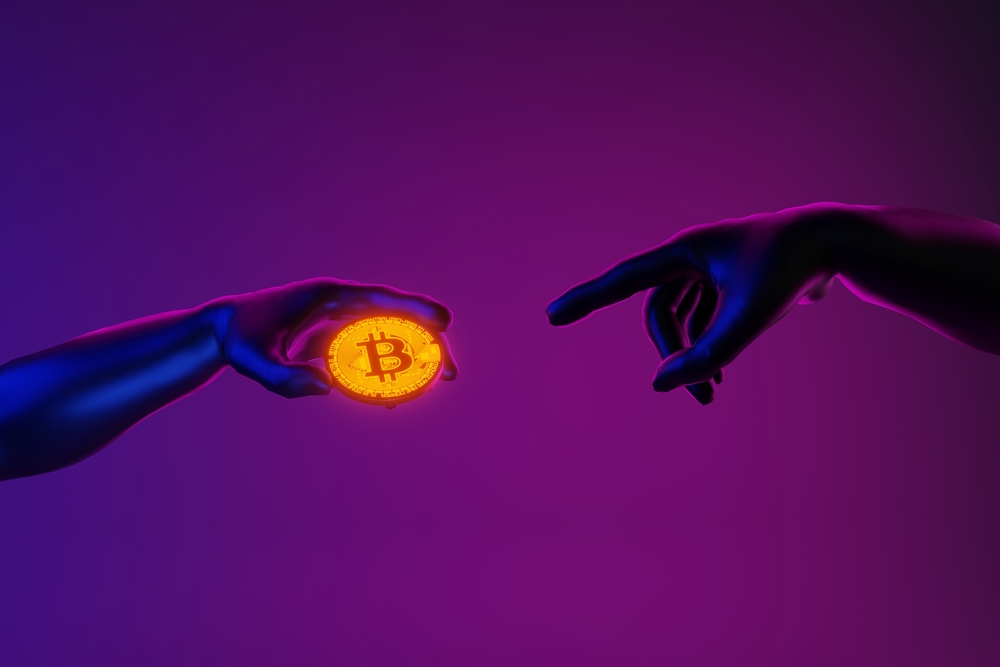Following the peak of the crypto exchange FTX’s crash, the authorities in the Philippines have cautioned crypto investors regarding the crypto exchanges which have not secured any licenses.
The Securities and Exchange Commission of the Philippines released an advisory for the public while cautioning against the utilization of those unlicensed platforms operating within the jurisdiction to provide services related to the exchange of cryptocurrency.
Philippine SEC Persuades Citizens to Stay Away from Unregistered Crypto Exchanges
In the caution, the regulatory agency did not straightly provide the name of FTX however noted that the caution is being made while keeping in view the recent huge crash of an international exchange of cryptocurrency.
While referring to the laws implemented within the Philippines, the regulatory organization repeated that any company that wishes to organize business activities in the country must get registered with the SEC.
The regulator specified that the SEC plays the role of an overseer and the registrar of the corporate sector working in the Philippines.
The SEC said it administers up to 600,000 actively running corporations along with evaluating the financial statements submitted by the entirety of the corporations licensed under it. The regulator mentioned that several exchanges are aiming at investors living within the country via social media and online advertisements.
The agency additionally pointed out that the crypto exchanges are at present illegitimately permitting citizens to utilize their forums and create online accounts.
The SEC disclosed that the respective crypto exchanges provide diverse schemes and products which involve increased risk and also defraud the consumers sometimes. On the 4th of August this year, the regulatory body particularly named the crypto exchange Binance.
The agency cautioned the investors against using the crypto exchange by saying that it did not secure a license for investment solicitation within the country. Notwithstanding this, the crypto exchange remained determined to enter the market of the country in the future.
On the 19th of August, the Banko Sentral ng Pilipinas (BSP) – the central bank of the Philippines – released an analogous caution to the native investors.
The organization persuaded the residents to stay away from utilizing those foreign entities which offer unregistered services related to virtual assets in the locality. As the central bank puts it, it would be hard to impose any mechanisms for customer protection as well as legal recourse while dealing with this kind of business.
Central Bank of Philippines Supports Stablecoins and Intends to Launch a CBDC
Formerly, at the end of September, the Philippine central bank’s prominent executive named Mhel Plabasan stated that the organization supports the stablecoins to a great extent because they can be very assistive to the country’s monetary system along with ensuring the rapid and affordable cross-border transfers.
The institution also has a strategy to introduce a pilot project for its distinctive central bank digital currency (CBDC) by this year’s end.
It is noteworthy that the central banks of Sweden, Norway, and Israel started a collaboration with the Bank of International Settlements (BIS) to delve into the possibilities related to CBDCs’ best contribution in the case of international payments. Plabasan asserted that the country’s payment network could get revolutionized with stablecoins.
He specified that a lot of Philippine citizens who work outside the country can avail of the option of stablecoins to send funds to their in-land relatives in an economic way. Although Plabasan advocated for stablecoin adoption, he additionally assured that the authorities would keenly administer the latest technology.
